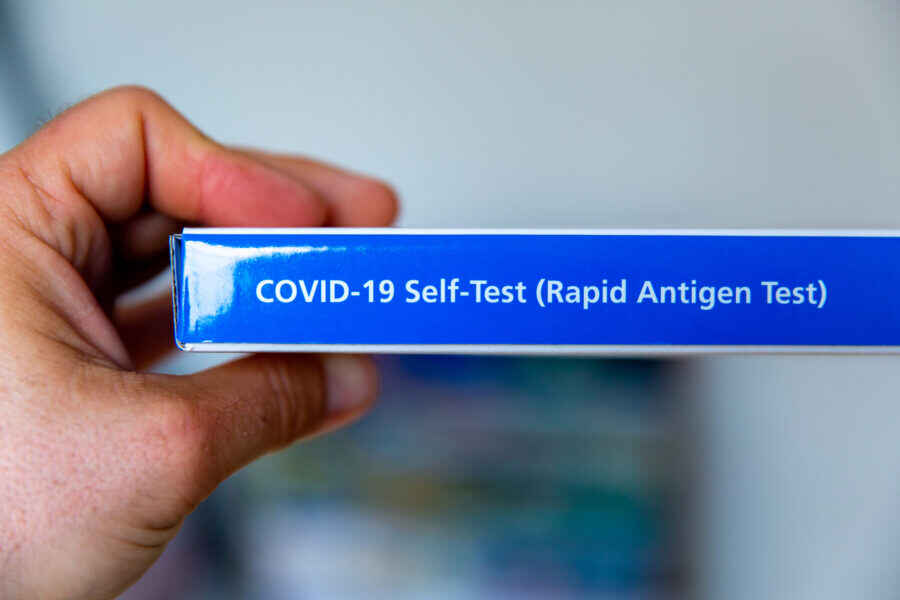
State Laws Regulating Access to Abortion Care in Carceral Facilities
Issue BriefReproductive Health and Equity Maternal and Child HealthPregnancy, giving birth, and being postpartum while incarcerated are linked to negative health impacts as people who are incarcerated are not provided adequate prenatal and postpartum care, and experience trauma from the experience. One policy that supports the health of pregnant people who are incarcerated is mandating access to safe and effective abortion care for those who do not want to be pregnant or give birth while incarcerated. This issue brief examines current state laws regarding access to abortion in carceral facilities in the states where abortion is generally available by law.











